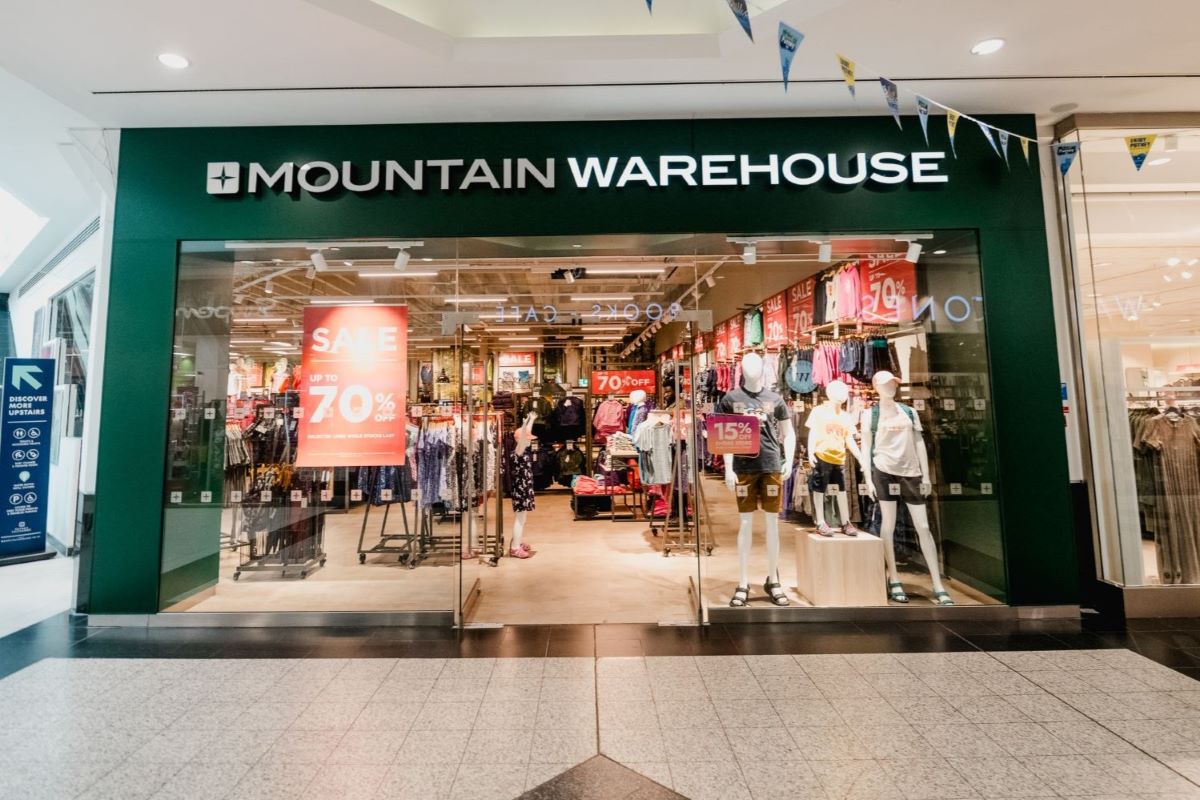British outdoor clothing retailer Mountain Warehouse has migrated its website from a custom-built monolithic format to a headless platform.
Key features include a new storefront design, which allows the retailer to create and customise its online shop with a drag-and-drop interface.
Founded in 1917, Mountain Warehouse is a British outdoor retailer selling clothing and equipment for hiking, camping, skiing, cycling, running and fitness. The company sells both its own items and products from third-party retailers. The business has grown from a single outlet store to over 330 stores in the UK, New Zealand and North America.
In the financial year ended 25 February, Mountain Warehouse recorded a £386 million turnover, according to its website.
The new platform, developed by BigCommerce, also facilitates fully customisable themes, personalisation at checkout, and mobile optimisation from homepage to checkout.
It allows integration with a range of applications and services, including digital wallets such as ApplePay and PayPal.
Mountain Warehouse said that it will also use technology that enables teams to quickly create new storefronts and visually create and update web experiences across three brands on its website and multiple markets in order to boost growth.
Simon Neale, chief technology officer at Mountain Warehouse, said the move gives it access to “reliable, out of the box features” whilst still allowing it to customise its e-commerce experience, thanks to a strong API framework.
“This gave us the best combination of time to market and product flexibility to support our internal resources,” continued Neale.
Mountain Warehouse also recently announced plans to open 50 new shops globally, including locations in the UK and Australia.
The retailer said the move is part of its strategy to meet the growing demand for in-store shopping.
Latest News
-
Aldi commits £300m to overhaul UK stores
-
EU bans destruction of unsold clothes and shoes
-
Eileen Fisher rolls out new unified commerce platform
-
Illegal melatonin supplements found for sale on Amazon, eBay, Superdug Marketplace and Temu
-
Amazon launches Pay by Bank for UK customers
-
Superdrug to open 30 new stores in 2026
Beyond Channels: Redefining retail with Unified Commerce
This Retail Systems fireside chat with Nikki Baird, Vice President, Strategy & Product at Aptos will explore how unified commerce strategies enable retailers to tear down these barriers and unlock new levels of operational agility and customer satisfaction.
The future of self-checkout: Building a system that works for consumers and retailers
In this webinar, industry leaders discussed what the future of self-checkout looks like and how retailers can make the technology work for everyone.
© 2024 Perspective Publishing Privacy & Cookies





.jpg)





Recent Stories